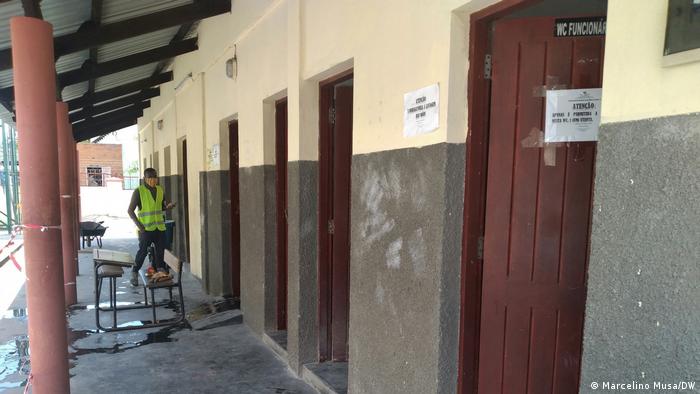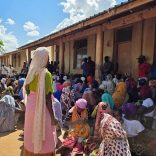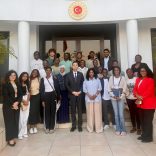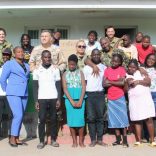UNHCR: Violence flares anew in northern Mozambique, forcing 22,000 to flee in a week
Terrorism prevents a fifth of schools in Cabo Delgado from opening

File photo: DW
- Armed violence in Cabo Delgado will prevent a fifth of the schools there opening next Monday (31-01) at the start of the new school year, the Provincial Directorate of Education has announced.
“We have some schools in areas affected by terrorism that we will not be able to open: they are a total of 183 schools,” said spokesman Manuel Bacar in an assessment in Pemba on Monday.
The flight of the population to places of safety meant that it was not possible to say exactly how many students would be affected, he added.
The public schools in question teach from Grades 1 to 12. There are a total of 985 public schools in the northern province.
Destruction of infrastructure and lack of security and the consequent flight of the population mean that education is one of the worst-affected sectors in the region.
Students reintegrated
Manuel Bacar gave assurances that students who had left conflict zones would be reintegrated into teaching establishments in safe areas, which have shown signs of overcrowding.
The education department spokesperson says that the violence that has been going on for more than four years has left Cabo Delgado with the highest illiteracy rate among the country’s provinces, at more than 50% of the population.
“We have a project to reduce this illiteracy rate to 39% by 2024,” Bacar said. “All mosques and churches will have literacy centres, and we have a specific programme for secondary schools,” he detailed.
The measures depend on the consolidation of the armed intervention, which, since July, 2021, has brought together Mozambican and foreign troops in the repression of insurgent groups.
The conflict in Cabo Delgado has already cost more than 3,100 lives, according to the ACLED conflict registry project, and displaced more than 817,000 people, according to the Mozambican authorities.













Leave a Reply
Be the First to Comment!
You must be logged in to post a comment.
You must be logged in to post a comment.